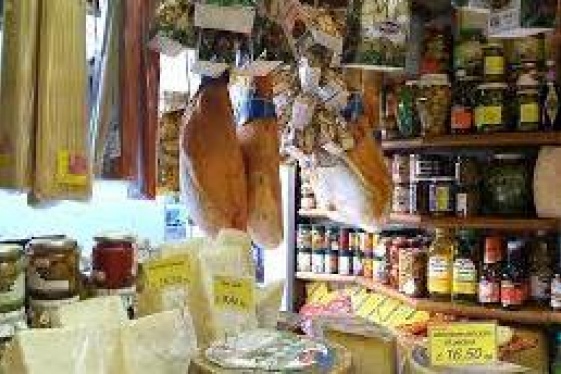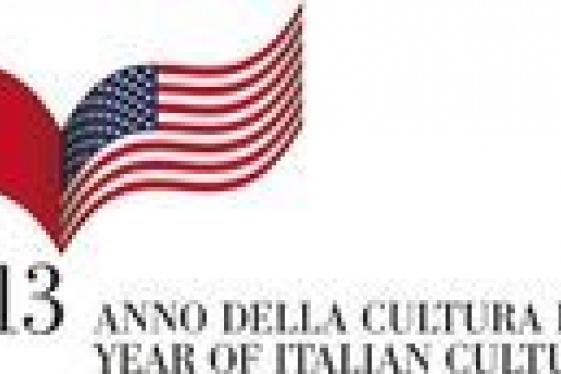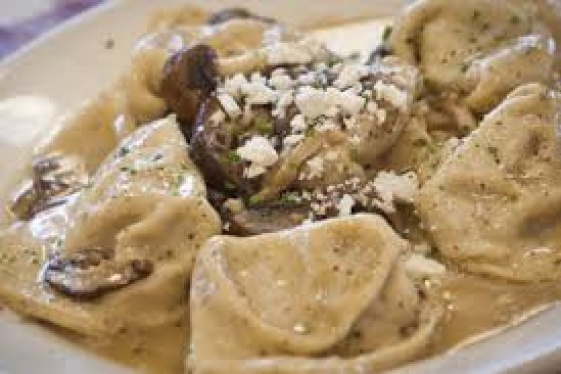

Producers of cheeses, olive oil and other Made in Italy delicacies are accelerating shipments to the United States in anticipation of potential new duties for exports from Italy (and beyond). President-elect Donald Trump repeatedly promised to introduce new “levies” during the election campaign that brought him a second time to the White House.
In 2023, the United States imported 4.4 billion worth of Italian food, wine and liquor products. Now many entrepreneurs fear that U.S. consumers may reduce their purchases because of the price increase that duties would bring.The risk of Italian sounding products
Massimiliano Giansanti, president of Confagricoltura, interviewed by the Financial Times. pointed out another danger: “If the prices of Italian products increase too much, American consumers could opt for cheaper alternatives, often imitations. The risk is that 'Italian-sounding' products, which have only the name Italian, will make a comeback, he concluded.
Michele Buccelletti, an oil and wine producer in Tuscany and Umbria, explained “There is a race to fill American warehouses before Trump takes office,” However, the operation is not easy: the availability of refrigerated containers is extremely limited in the pre-Christmas period. Buccelletti, which usually sends between 20,000 and 30,000 liters of extra virgin olive oil to the U.S. two to three times a year, has received requests from its U.S. importer to rapidly increase shipments. This month, it aims to send up to 50,000 liters.
Granarolo, a large dairy producer based in Bologna, is also trying to accelerate exports of Parmigiano Reggiano and Grana Padano to its U.S. subsidiary. However, general manager Filippo Marchi pointed out that the cheeses' prolonged ripening and poor transportation capacity are significant obstacles: “You cannot increase production in a short time.”
Granarolo is looking for additional space to store extra inventory by February, when the new duties are expected to take effect. However, Marchi is still hopeful that Trump may rethink his plan, especially for food products.
According to Luigi Pio Scordamaglia, Coldiretti's head of international relations, some producers had already started stockpiling before Trump's victory, anticipating this eventuality. In the first six months of 2024, Italian agri-food exports to the U.S. grew by 19.5 percent compared to the same period last year, and are estimated to reach 7.8 billion euros for the entire year. Despite fears about the impact of new tariffs, Scordamaglia remains optimistic: “Demand for Italian food in the United States is very strong.”
Some manufacturers are hoping that Giorgia Meloni's government will get favorable treatment for Italy. The premier has close ties with Elon Musk, an influential Trump supporter and appointed to head a deregulation department. Foreign Minister Antonio Tajani also recalled Trump's “special treatment” of Italy during his first term.
However, Meloni admitted that fears about tariffs are real: “We are all concerned about it, it's a fact,” she said, announcing that the government will start a dialogue with the U.S. administration and work to strengthen European competitiveness.
Meanwhile, producers such as Francesco Mutti, CEO of the eponymous leading tomato derivatives company, warn of the risks of overstocking. According to Mutti, capital and storage costs may not pay off if tariffs are less stringent than expected or if they are not introduced.
You may be interested
-
‘Fuggedaboudit’ the motto of new Italian del...
By Kimberly Sutton Love is what brought Tony Nicoletta to Texas from New York.The transpl...
-
1st Annual Little Italy Cannoli Tournament
Little Italy San Jose will be hosting a single elimination Cannoli tournament to coincide...
-
A Week in Emilia Romagna: An Italian Atmosp...
The Wine Consortium of Romagna, together with Consulate General of Italy in Boston, the Ho...
-
An Italian American Feast For Family Reunion...
Hey, come over here, kid, learn something. ... You see, you start out with a little bit of...
-
Buon Appetito! Unique Italian dining at Ragú...
There's something to be said for having your food prepared tableside. Guacamole tastes fre...
-
Chef Carmelo Mauro to host Beni Batasiolo Wi...
Fiorenzo Dogliani, owner of Beni di Batasiolo, will join Carmelo Mauro for an exclusive wi...
-
Cooking With Italian Red Wine
Wine has a long, rich history as a cooking liquid. One of the early "cookbooks," compiled...
-
D'Amico's Italian Market Café expanding to K...
The popular D'Amico's Italian Market Café, a 16-year-old mainstay of Rice Village, is head...













